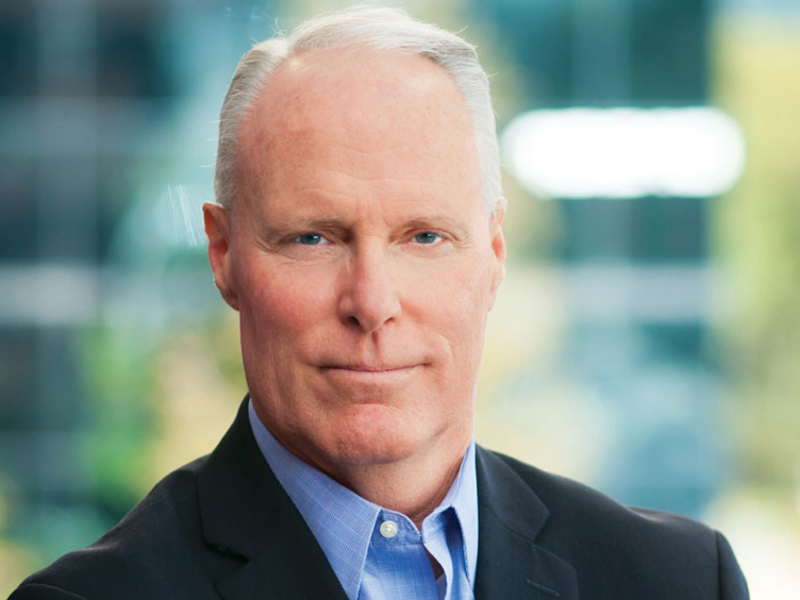Chris Van Gorder  Chris Van Gorder, Scripps Health President and CEO
Chris Van Gorder, Scripps Health President and CEO
I like to drive fast. But, as we all know, driving fast can be dangerous. So rules of the road are in place to protect all of us.
All of us pay taxes, because it’s mandatory to pay for the military, public safety, safety net programs, infrastructure, etc. But if taxes were voluntary, very few would pay.
I could go on and on, but I think you get my point.
Vaccinations are not all that different. We have mandated vaccinations in the U.S. for decades to attend public school and curb the impact of deadly diseases—or in some cases, eliminate them altogether.
That brings me to today and the COVID-19 pandemic. I’m not a physician or scientist, but I review data and information for a living and it’s clear to me that the vaccines are effective in reducing both infections and deaths.
But we have an issue that we need to address—and that is the fact that COVID vaccinations are voluntary. That’s why we cannot get ourselves to herd immunity. And that’s what causes this cycle we can’t find a way out of.
History will continue to repeat itself until we can finally understand that getting a COVID vaccination is necessary for the greater good. We are unlikely to accomplish that goal on a purely voluntary path.
Let me say right now: I am a huge advocate for personal freedoms and choice. But I also respect laws to provide for my safety and the safety of others.
So I applaud those medical associations and professional societies that have advocated for mandatory COVID vaccinations. I applaud those hospitals, health systems and now even non-healthcare organizations like Google and Facebook that have stepped forward to lead the way in mandating vaccinations. It would clearly be better and more effective if government implemented these mandates, but in this highly politicized environment, it’s unlikely that will happen anytime soon.
At Scripps Health, we are taking an incremental approach. We are first going to our physicians and scientists to ask them for their counsel. As of this week, all of Scripps medical staffs through their medical executive committees voted unanimously to support mandatory vaccinations. Our affiliated medical groups also have given me letters of support.
Next, in the spirit of transparency and consistent with our culture, I sent a letter to all of our employees and physicians asking for direct feedback and asking for voluntary compliance once again.
I pointed out to them that while we have 85% of our staff already vaccinated, we need to do better to protect our patients, coworkers, community and to set an example. I informed them of new regulations in California that require weekly testing of all unvaccinated staff starting in August, which will be costly and logistically difficult for both the employees and the organization. And, I pointed out the direction I believe we are heading—which is toward mandatory vaccinations.
I received what I asked for—a significant amount of feedback. By far, the overwhelming feedback was positive and supportive, but others not in support wrote long and passionate responses to me. Most were thoughtful and personal, some were based on misinformation. Others were worried that this was a vaccine still under emergency use authorization and as such, not fully tested. I responded to every note I received.
Scripps’ third step in this process is to identify those who are fully vaccinated and those who are not. Fourth, we will continue and expand focused education around the vaccines and the myths. Fifth, we will be checking with the Food and Drug Administration on the timeframe for fully approving the vaccines. Sixth, we will be putting initial systems in place to start the state-mandated testing of our unvaccinated staff—twice weekly for acute-care staff and once a week for ambulatory staff. And lastly, we will decide on whether to mandate the vaccine with legitimate medical and religious exemptions, as is the case with all vaccinations.
We must do this for our patients, our employees, our physicians, our community and, for the greater good.
Source link : https://www.modernhealthcare.com/opinion-editorial/when-should-voluntary-vaccines-become-mandated











